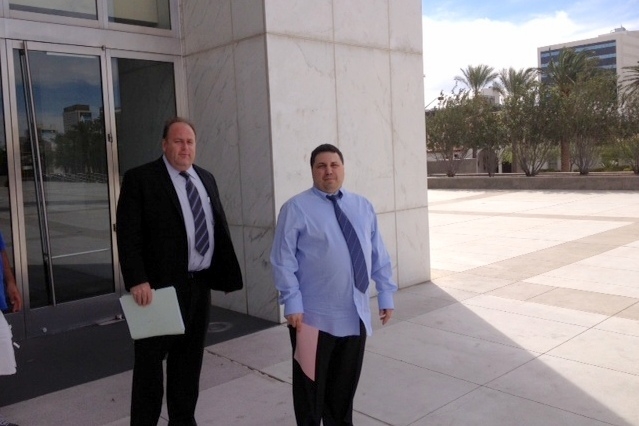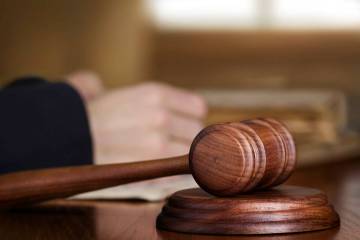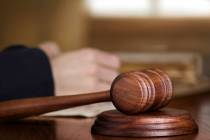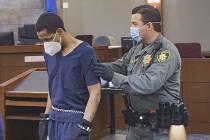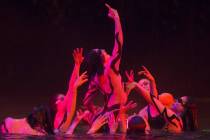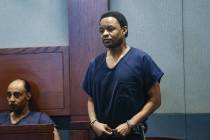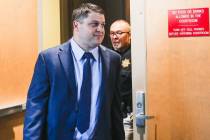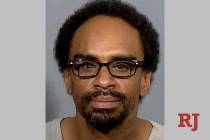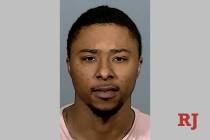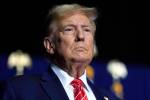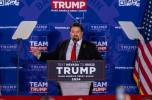Fourth defendant in Palms betting scheme pleads guilty
The last of four defendants pleaded guilty in federal court Wednesday in a betting scheme authorities say defrauded the Palms resort of more than $800,000.
Sports bettor Charles Pecchio, 43, entered a guilty plea to one count of conspiracy to commit wire fraud.
U.S. District Judge Jennifer Dorsey set his sentencing for July 28.
Three former employees of the Palms race and sports book, including former supervisor Michael Albanese, previously pleaded guilty and are waiting to be sentenced.
A federal grand jury indicted all four defendants in July 2012 in the scheme, which rigged wagers on horse races to defraud the Palms between 2006 and 2007.
Unlike the other three defendants, Pecchio, with his attorney Chris Rasmussen at his side, pleaded guilty without signing an agreement with federal prosecutors taking responsibility for the $800,000 in losses to the Palms.
He told Dorsey that he came into the scheme late and was only responsible for about $25,000 in losses.
The investigation, conducted by federal homeland security and state gaming agents, is an offshoot of an investigation into a massive illegal gambling operation run by two brothers, Michael and Jeffrey Jelinsky. The brothers, who were accused of accepting millions of dollars in illegal bets coast to coast, pleaded guilty in that case in 2009 and served federal prison time.
In court Wednesday, Pecchio said Michael Jelinsky was the lead player in the Palms scheme.
“He was the main gambler,” he said. “He came up with the numbers.”
Albanese acknowledged in his plea agreement last October that he participated with the Jelinsky brothers in the betting scheme. Albanese left the Palms in the middle of the scheme, but it continued without him.
The former Palms employees were accused of using their positions to accept invalid quinella wagers on horse races from the Jelinskys, Pecchio and others. Winning bets were paid out, and losing bets were refunded.
The Palms, which has since hired a company to run its race and sports book, cooperated in the investigation.
In a quinella wager, according to the indictment, the bettor picks the first- and second-place winners without specifying their order. If the two selected horses finish first and second, the bettor wins.
Variations of the quinella allow the bettor to pick a combination of three horses to finish first and second.
The odds of winning a quinella bet increase if horses withdraw or are scratched from a race, the indictment said. The Palms had a policy of forbidding such wagers on races with fewer than six horses.
Bets placed on races that ended up with fewer than six horses were to be canceled and refunded. According to the indictment, however, the former sports book employees conspired to accept quinella bets in races with fewer than six horses.
If the bettors picked a winning combination from a diminished field, the defendants paid the winnings with casino funds, the indictment alleged. If the bettors lost, they would get a refund.
Contact Jeff German at jgerman@reviewjournal.com or 702-380-8135. Find him on Twitter @JGermanRJ.




